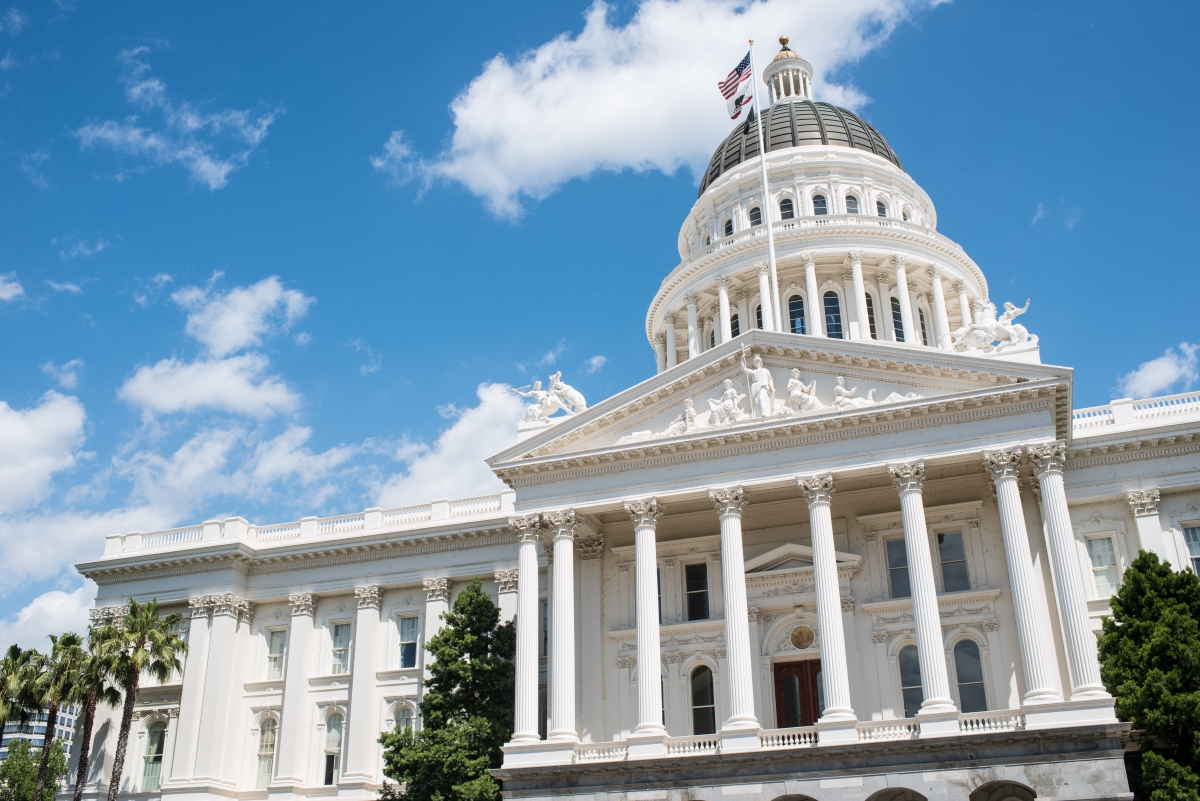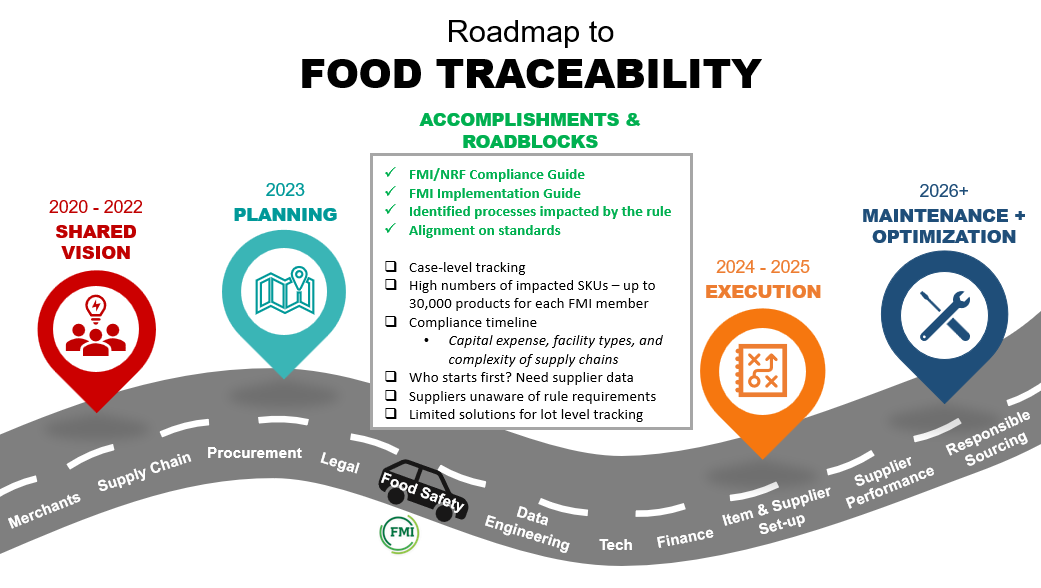By: Andy Harig, Senior Director, Sustainability, Tax and Trade, Food Marketing Institute

Today is officially “Tax Day 2017.” While that sounds like it should be some sort of national holiday, there is a pretty good chance that if anyone actually wishes you “Happy Tax Day” it will be the office smart aleck. By midnight tonight, every taxpayer living in the United States is expected to either file their federal taxes or request an extension.
Even Americans with the sunniest dispositions about taxes, (i.e. those getting a refund) have to be forgiven if they find today a bit of a grim milestone. Doing your taxes is probably exceeded only by jury duty on the list of civic responsibilities people dread. The average American spends about eight hours preparing their tax returns but for many, it feels like 800.
The genesis of this anxiety is simple to trace - the United States has an outdated and unwieldy tax system that hasn’t been updated in over 30 years.
The last major revamp of the tax code took place in 1986 under President Ronald Reagan. He wasn’t able to achieve it until his second term and even after years of preparation it took more than 10 months of legislative time to achieve; but a bipartisan group of Congressmen working with the White House was eventually able to negotiate a package that dramatically lowered marginal tax rates and simplified what was already a very complicated set of laws and regulations.
In the thirty years since this legislation was passed, Congress has passed a number of rewrites and modifications and literally hundreds of new tax provisions. Unfortunately, the end result of these efforts wasn’t clarity or simplicity but a ballooning tax code that even experts find daunting. Provisions expire and need to be constantly renewed, some industries receive tax benefits that others do not, and businesses pay a different tax rate based upon their organizational structure rather than their earnings. Today the tax code runs to 75,000 densely printed pages and definitely feels like much of it was written when people were listening to a Walkman, not iTunes.
If we’ve learned anything over the past 30 years it is that tax reform is hard. But that doesn’t mean it is not worth doing.
Right now, a Republican-controlled Senate, Republican-controlled House of Representatives and a Republican President has created a potentially once in a generation opportunity to achieve broad-based tax reform, similar to the kind of change achieved 31 years ago with the Tax Reform Act of 1986.
The benefits of updating the tax code are obvious – a simplified modern system of taxation with globally competitive marginal rates will not only save literally millions of hours currently wasted on tax preparation, it will also help drive job creation and business expansion and will make innovation more affordable. President Trump has repeatedly said that he wants to create a fairer economy that provides an opportunity for every American and doesn’t leave people behind. There is no better first step toward this goal than tax reform.
With much uncertainty surrounding this issue, I highly encourage you to contact your member of Congress and voice your concerns. Legislators need to hear your voice. Share specific company numbers with legislators, so they can hear how reform could impact Americans in their district. FMI’s “Day in Washington” offers a tremendous opportunity for food wholesalers and retailers to join with their colleagues in the industry and speak with one voice – “We need tax reform!” I hope you will consider joining us in Washington, DC.
If I end this blog by wishing you a “Happy Tax Day," I hope you won’t take it as a smart aleck way to close. Instead, I offer the sentiment in the fervent belief that Congress will listen to the millions of Americans calling for a simpler, more modern system and in the hope in the hope that this will be the last year we have to struggle through the 1980s most tenacious survivor – the U.S. tax code.


 Industry Topics address your specific area of expertise with resources, reports, events and more.
Industry Topics address your specific area of expertise with resources, reports, events and more.
 Our Research covers consumer behavior and retail operation benchmarks so you can make informed business decisions.
Our Research covers consumer behavior and retail operation benchmarks so you can make informed business decisions.
 Events and Education including online and in-person help you advance your food retail career.
Events and Education including online and in-person help you advance your food retail career.
 Food Safety training, resources and guidance that help you create a company food safety culture.
Food Safety training, resources and guidance that help you create a company food safety culture.
 Government Affairs work — federal and state — on the latest food industry policy, regulatory and legislative issues.
Government Affairs work — federal and state — on the latest food industry policy, regulatory and legislative issues.
 Get Involved. From industry awards to newsletters and committees, these resources help you take advantage of your membership.
Get Involved. From industry awards to newsletters and committees, these resources help you take advantage of your membership.
 Best practices, guidance documents, infographics, signage and more for the food industry on the COVID-19 pandemic.
Best practices, guidance documents, infographics, signage and more for the food industry on the COVID-19 pandemic.
